#CamperVans
VW Microbus Successor Scheduled for 2024 American Launch
Remember the all-electric Microbus successor Volkswagen was chirping about a few years ago? If you don’t, you can be forgiven. Despite the model receiving loads of press after the automaker acknowledged it would indeed be coming to North America, reports on its progress started becoming incredibly rare by 2019. With #VanLife trending inside the United States, VW would be an absolute fool not to start offering something trendy to fit the bill and the horribly named I.D. Buzz seems an ideal candidate. However, it feels as though the company has forgotten our market while it preps the model for Europe.
There’s reportedly no reason to worry. Volkswagen has confirmed that the model will be showing up on our shores in 2023 after it’s made a splash across the pond. But there will be a few stipulations.
Camper Van Deliveries Up 125 Percent in November
Camper vans, ubiquitous homes on wheels for digital nomads, were up 125 percent in total shipments in November, according to the RV Industry Association. This was part of total RV shipments that finished the month with 42,513 units, a 43.4 percent increase over the 29,644 units shipped in November of last year.
2021 Ford Transit Designed for Business AND Pleasure
While van sales have been trending downward for years, the likelihood of your average American being forced to live inside one feels like it should be higher than ever. But deciding which model is best for living out the rest of your days in relative isolation isn’t going to be easy. Realizing that there’s a growing demand for escape vehicles and regular old RVs, automakers and coachbuilders have been trying to make the market more accommodating.
On Tuesday, Ford Motor Co. threw its hat into the ring by announcing that the 2021 Transit would be adding new “recreational and business options” to help get customers the kind of vehicles they need to get through these difficult times.
“With many Americans working from home and practicing social distancing during the pandemic, the popularity of recreational vehicles has soared at the same time package delivery has seen incredible growth,” explained Tiffany Chang, Ford fleet brand strategy manager. “Our new 2021 Transit options help people design the recreational vehicles of their dreams and help enable our commercial customers to more efficiently deliver goods and services across the country.”
Mercedes-Benz Commits Itself to #VanLife With Metris Weekender
Van culture is making a comeback. We know this because the media has glommed onto the topic as young adults continue to share stories about how not having a mailing address ( because they live in vans) is the best thing that ever happened to them.
While you’re unlikely to encounter these people all that regularly offline, the internet is full of them. And yet there’s no real consensus as to the appeal of custom vans. Plenty of people embrace the van life because they see it as an affordable way to tour the countryside; others view it as part of the minimalist movement, or simply as the best way to avoid becoming totally homeless.
Want more than a tent over your head while camping? Need a place to wait out the impending civil war? Simply feel the need to capitalize on a trend that’s growing in popularity on YouTube? Van living has you covered — and Mercedes-Benz is ready to help.
Dear God, Please Let the I.D. Buzz Copy the Volkswagen California's Interior
While the United States seems intent on pushing vans into the work-vehicle category, Europe continues to enjoy them for leisure activities. That’s a shame because there’s a chance some of that interesting van culture would have trickled over the ocean were it not for the chicken tax and unwarranted prejudice.
Volkswagen has several such lifestyle units, with the California being arguably the best in its fleet. Funnily enough, the model isn’t sold in California — nor anywhere else in the U.S. — but a recent update could hint at the direction VW will be taking with the I.D. Buzz. Based on the Transporter and outfitted as a camper van, the California is the true spiritual successor to the microbus. It can certainly trace its linage back to the Type 2 via the Transporter, while its motorhome amenities and optional paint schemes help to finish the job.
Van Sunday Show And Tell: My 1977 Dodge Chinook Escape-Pod
The last post on Mercedes campers got me thinking (wistfully) about the open road and how I have a grand total of four digital photos I could share with you from our six years and thirty-five thousand miles worth of travels in our 1977 Chinook. Like lots of amateur photographers, I have boxes and boxes of prints from our early years, and our first two kids. Guilt and a nagging wife kept me shooting film through our younger son’s childhood. And I took some nice shoots in a few dramatic places with the Chinook, on film. I transitioned very late to digital, partly because I couldn’t bear to give up the Canon 35mm rangefinder I bought new in ’77 and still works perfectly (I’m on my second digital, and the lens motor is already acting up).
Curbside Classic Van Sunday: Mercedes-Benz 207D And Other Vintage MB Vans And Campers
I’m a lover of vans, especially those suitable for camping. Few things beats hopping into a vehicle with all the basic necessities of life and hitting the road. I have a vintage ’77 Dodge Chinook that I bought for $1200 in which we’ve racked up 35k memorable miles in trips to Mexico and all over the west. And in my younger days, I had a ‘ 68 Dodge A100 that I converted to a less wife-friendly (no bathroom) spartan camper. But all along, I’ve had my eyes on Mercedes vans. As a kid in Austria, I was absolutely in love with the delightfully rounded L319 (van) and 0319 (bus) Mercedes:



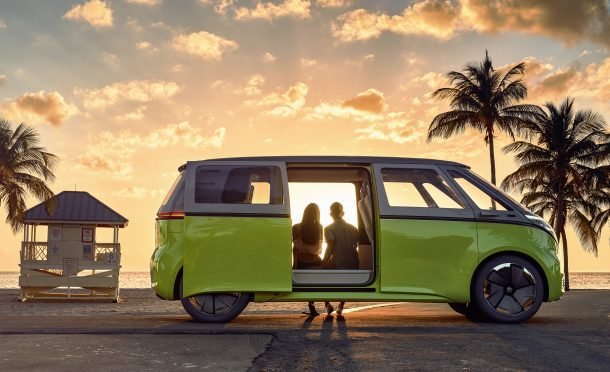
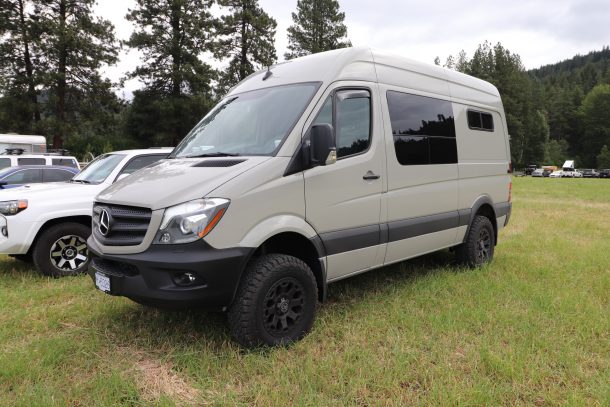


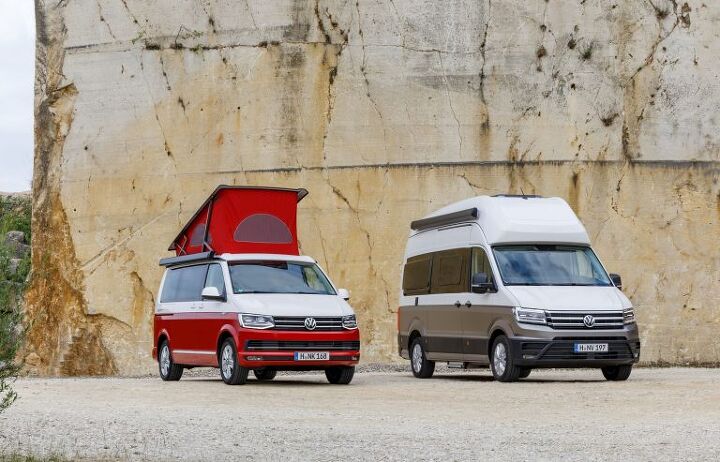
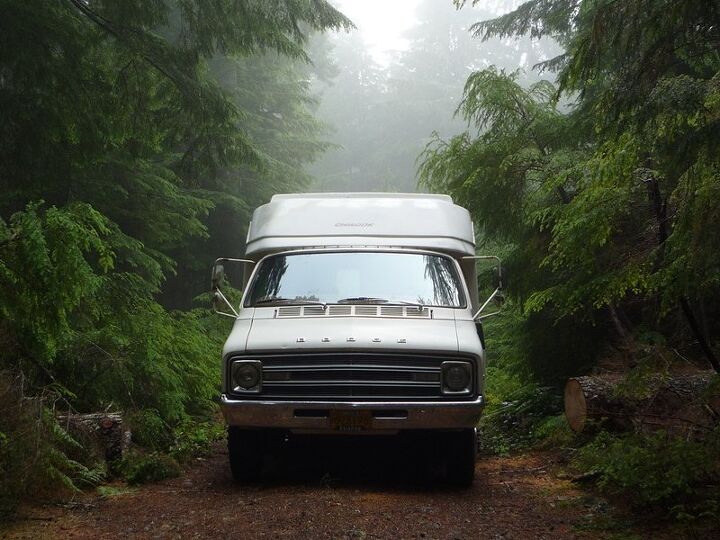
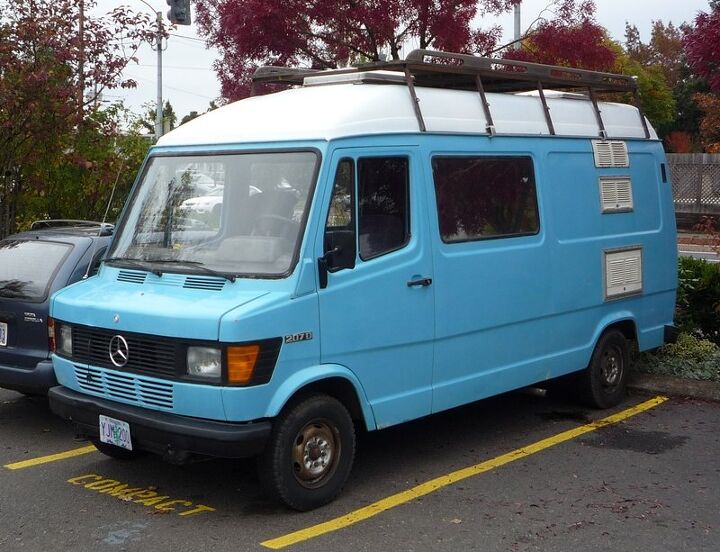












Recent Comments